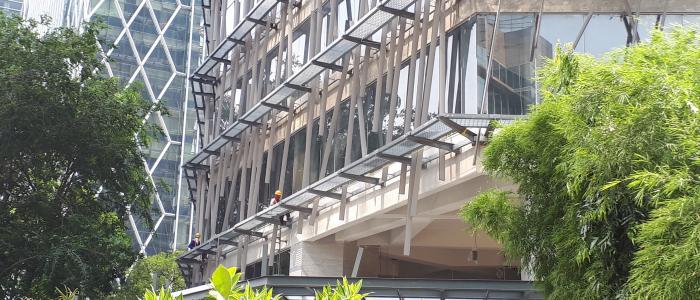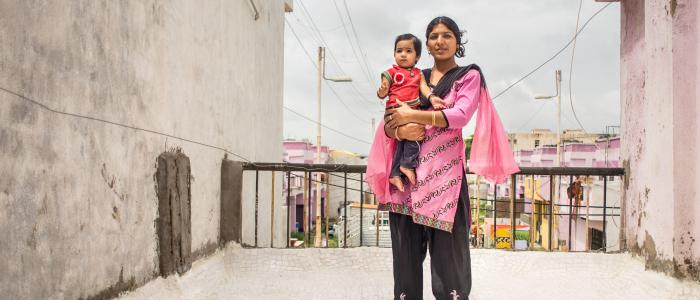Health
Beat the Heat

CDKN launches a new film, produced by TERI, that tells the story of how heat action plans are saving lives and reducing ill health in India’s cities.
The film follows a project supported by CDKN and led by the Indian Meteorological Department, Indian Institute of Public Health and Natural Resources Defence Council and others ; it traces the journey from Ahmedabad, where the approach to heat action planning started, to show the heartening results and the spread of these approaches to other Indian cities.
Conjunctive water management in Indore

There are a total of 850 families living in Rahul Gandhi Nagar, a slum area in the Indian city of Indore. They are completely dependent on ground water extracted from 8 community bore wells. The ground water contains high levels of e-coli and total dissolved solids (TDS), and these contaminants are affecting the health and livelihoods of the residents. TARU Leading Edge, through ACCCRN program, would like to increase the resilience of communities against water-borne diseases by providing reverse osmosis. Watch this video to see the impact.






